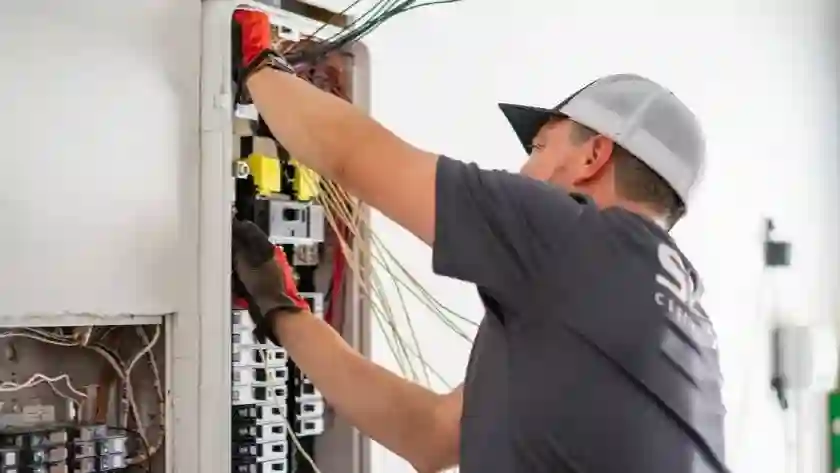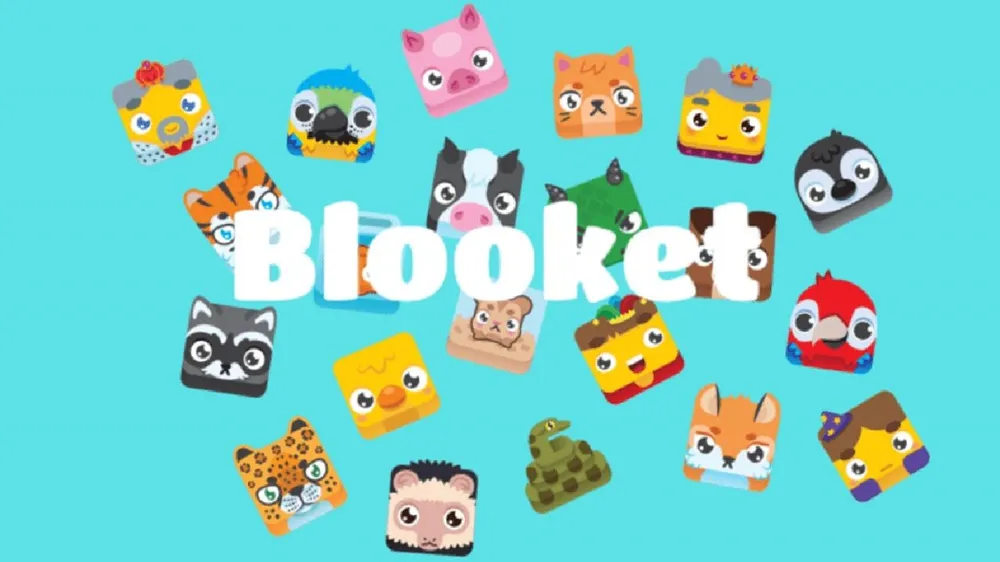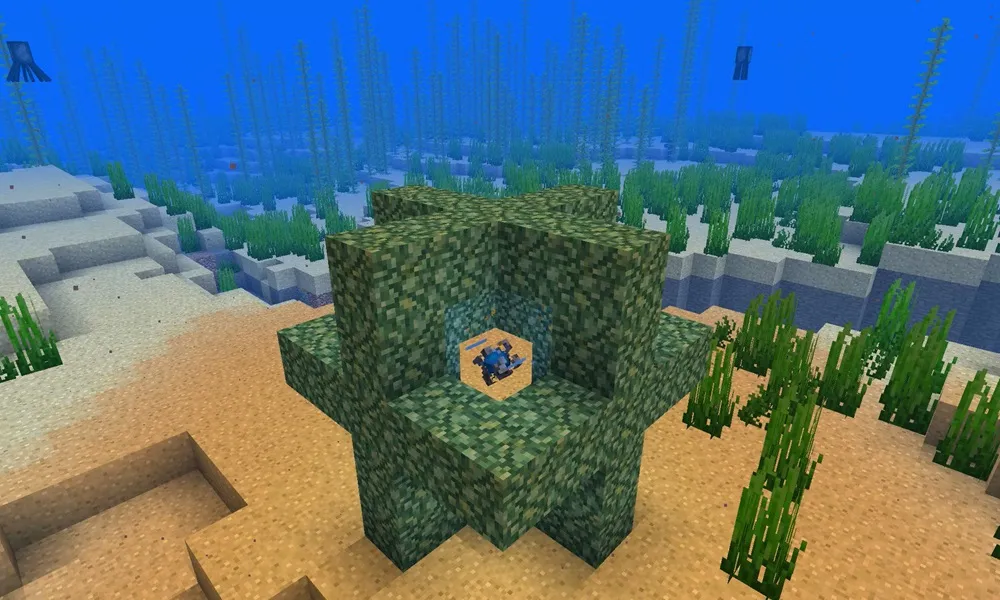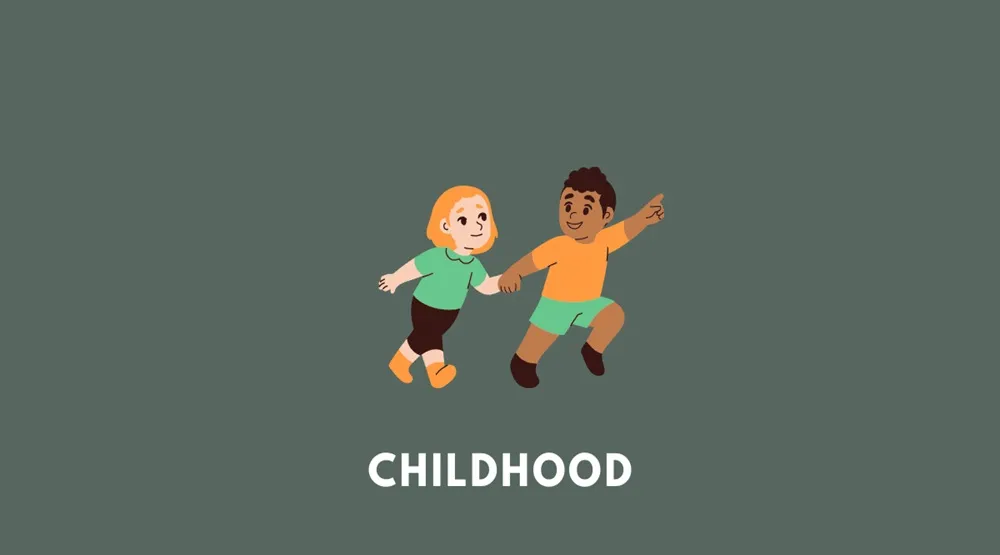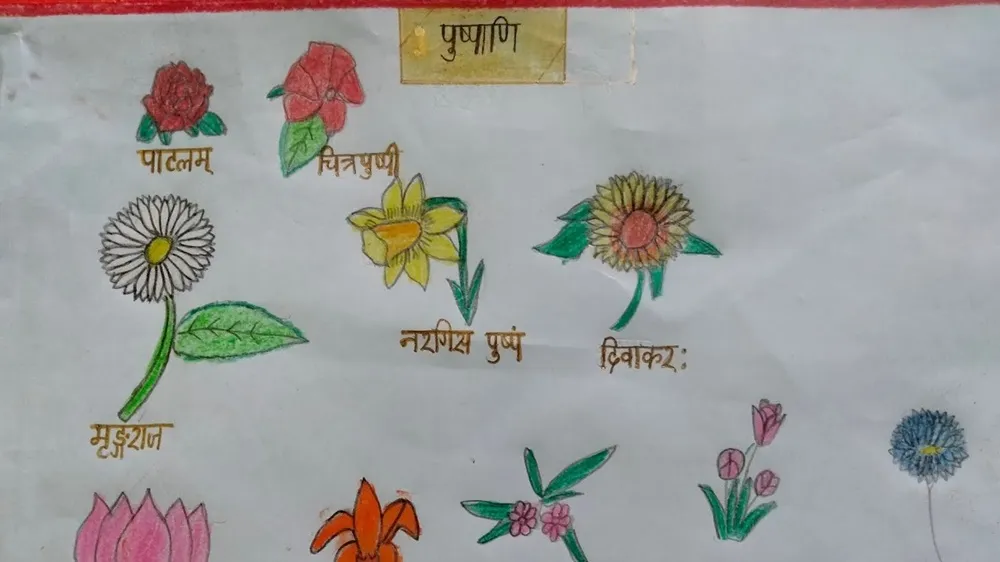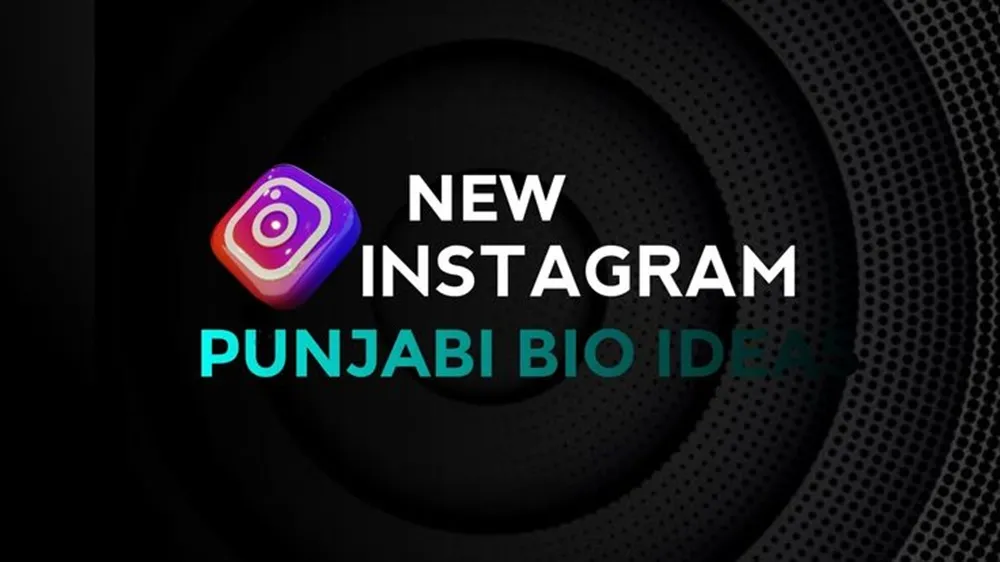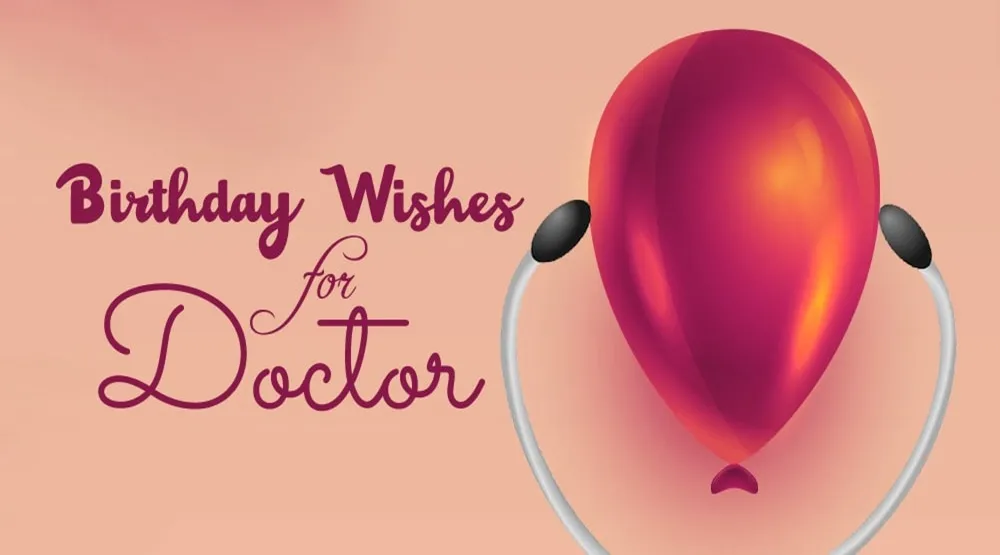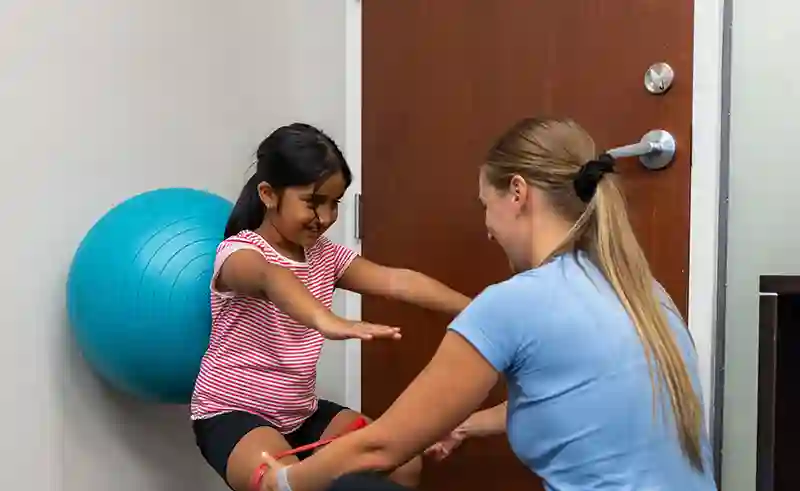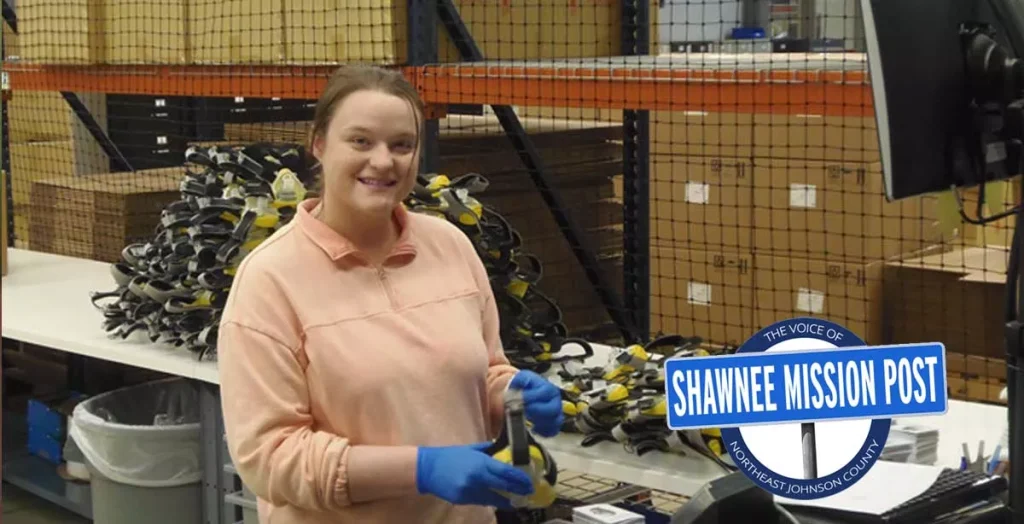Love What You Have, Before Life Teaches You to Lov – tymoff

Discover the profound impact of Love What You Have, Before Life Teaches You to Lov – tymoff. Explore how cultivating gratitude can transform your life and bring true contentment. In the fast-paced world we live in, it’s easy to get caught up in the pursuit of more—more success, more money, more recognition. We often overlook the value of what we already have until life presents us with challenges that force us to appreciate those very things. The concept of “loving what you have, before life teaches you to love” underscores the importance of gratitude and contentment. This article delves deep into this philosophy, exploring its significance, ways to cultivate it, and the profound impact it can have on our lives.
Understanding Gratitude and Contentment
The Meaning of Gratitude
Gratitude is more than just saying “thank you.” It is a profound recognition of the goodness in our lives, often acknowledging that the source of this goodness lies partially outside ourselves. It’s about appreciating what we have rather than focusing on what we lack.
The Importance of Contentment
Contentment is a state of happiness and satisfaction. It doesn’t mean settling for less or lacking ambition, but rather finding peace and joy in the present moment, regardless of our circumstances. It’s about understanding that true happiness comes from within and is not solely dependent on external achievements or possessions.
The Pitfalls of Modern Life
The Pursuit of More
Modern society often equates success with having more—more money, more possessions, more status. This relentless pursuit can lead to a never-ending cycle of desire and dissatisfaction. We become so focused on what we don’t have that we fail to appreciate what we do.
Comparison Culture
Social media and constant connectivity have exacerbated the tendency to compare ourselves with others. We see curated highlights of other people’s lives and often feel inadequate in comparison. This comparison culture can erode our sense of self-worth and make it difficult to appreciate our own blessings.
The Illusion of Control
We often believe that we can control every aspect of our lives, striving for perfection in our careers, relationships, and personal endeavors. However, life is inherently unpredictable, and the illusion of control can lead to frustration and disappointment when things don’t go as planned.
Learning from Life’s Lessons
Facing Adversity
Adversity has a way of bringing our true priorities into focus. When we face challenges such as illness, loss, or failure, we often gain a new perspective on what truly matters. These experiences can teach us to value our health, relationships, and the simple joys of life.
The Role of Loss
Loss, whether of a loved one, a job, or a dream, can be a powerful teacher. It forces us to confront the impermanence of life and to cherish the present moment. Loss can strip away superficial concerns and help us appreciate the deeper, more enduring aspects of our lives.
Finding Joy in Simplicity
Life’s lessons often guide us back to simplicity. The realization that happiness can be found in simple pleasures—like spending time with loved ones, enjoying nature, or engaging in meaningful activities—can transform our outlook. We learn that we don’t need extravagant things to be happy; often, the most fulfilling experiences are the simplest ones.
Cultivating Gratitude and Contentment
Practicing Mindfulness
Mindfulness involves being present in the moment and fully experiencing our thoughts, feelings, and surroundings. By practicing mindfulness, we can cultivate a deeper appreciation for the present and reduce our tendency to dwell on the past or worry about the future.
Techniques for Practicing Mindfulness
- Meditation: Setting aside time each day to meditate can help center your mind and foster a sense of peace and gratitude.
- Gratitude Journaling: Keeping a gratitude journal where you regularly write down things you are thankful for can help shift your focus from what you lack to what you have.
- Mindful Breathing: Taking a few moments throughout the day to focus on your breath can help you stay grounded and present.
Fostering a Grateful Attitude
Gratitude is a habit that can be developed with intentional practice. Here are some ways to foster a grateful attitude:
- Daily Gratitude Lists: Make it a habit to list three things you are grateful for each day. This can help rewire your brain to focus on the positive aspects of your life.
- Expressing Appreciation: Take the time to thank the people in your life who have made a difference. Expressing gratitude to others can strengthen relationships and increase your own sense of well-being.
- Gratitude Meditation: Spend a few minutes each day in meditation, focusing on the things you are grateful for. Visualize each person, event, or thing and feel the gratitude in your heart.
Embracing Imperfection
Life is imperfect, and so are we. Embracing imperfection means accepting ourselves and our lives as they are, rather than as we wish them to be. This acceptance can lead to greater contentment and a more authentic way of living.
Strategies for Embracing Imperfection
- Self-Compassion: Treat yourself with the same kindness and understanding that you would offer to a friend. Recognize that everyone makes mistakes and that it’s part of being human.
- Letting Go of Perfectionism: Striving for excellence is commendable, but perfectionism can be paralyzing. Set realistic goals and recognize that doing your best is enough.
- Finding Beauty in Flaws: Learn to appreciate the unique qualities that make you and your life special, even if they aren’t perfect.
The Transformative Power of Loving What You Have
Improved Mental Health
Practicing gratitude and contentment can significantly improve mental health. Studies have shown that people who regularly practice gratitude experience lower levels of stress and depression, and higher levels of happiness and well-being.
Stronger Relationships
Gratitude can enhance relationships by fostering a sense of appreciation and connection. When we appreciate the people in our lives and express that appreciation, it strengthens our bonds and promotes a sense of belonging.
Increased Resilience
A mindset of gratitude and contentment can increase resilience, helping us to cope better with adversity. When we focus on what we have rather than what we lack, we are better equipped to navigate life’s challenges and setbacks.
Greater Life Satisfaction
Ultimately, loving what you have leads to greater life satisfaction. When we stop chasing after more and start appreciating what we already have, we can find a deeper sense of fulfillment and joy in our everyday lives.
Practical Applications: How to Love What You Have
Simplifying Your Life
Simplifying your life can help you focus on what truly matters. Here are some practical steps to simplify:
- Declutter Your Space: Remove physical clutter from your environment to create a sense of calm and order.
- Prioritize Your Time: Focus on activities and relationships that bring you joy and fulfillment, and let go of those that don’t.
- Reduce Digital Distractions: Limit your time on social media and other digital platforms that encourage comparison and distraction.
Building Meaningful Connections
Investing in meaningful relationships can enhance your sense of gratitude and contentment. Here are some ways to build deeper connections:
- Spend Quality Time: Prioritize spending quality time with loved ones, whether through shared activities, meaningful conversations, or simply being present.
- Listen Actively: Practice active listening by fully engaging with others and showing genuine interest in their thoughts and feelings.
- Show Appreciation: Regularly express your appreciation and gratitude for the people in your life.
Practicing Self-Care
Taking care of yourself is essential for cultivating gratitude and contentment. Here are some self-care practices to consider:
- Physical Health: Engage in regular physical activity, eat a balanced diet, and get enough sleep to maintain your physical health.
- Mental Health: Practice mindfulness, meditation, and other relaxation techniques to support your mental well-being.
- Creative Expression: Engage in creative activities that bring you joy and fulfillment, such as art, music, or writing.
Embracing the Present Moment
Living in the present moment can help you appreciate what you have. Here are some ways to embrace the present:
- Mindful Activities: Engage in activities that require your full attention, such as gardening, cooking, or playing an instrument.
- Nature Connection: Spend time in nature to reconnect with the present moment and find peace in the natural world.
- Daily Rituals: Establish daily rituals that help you stay grounded and present, such as morning meditation or evening gratitude journaling.
Stories of Transformation: Real-Life Examples
Sarah’s Journey to Gratitude
Sarah, a successful marketing executive, was constantly striving for more. Despite her achievements, she often felt unfulfilled and stressed. After experiencing a serious health scare, Sarah realized the importance of appreciating what she had. She began practicing gratitude daily, focusing on her health, family, and simple joys. Over time, Sarah’s perspective shifted, and she found greater contentment and peace in her life.
John’s Embrace of Simplicity
John, a high-powered attorney, was always busy and rarely had time to enjoy life. After a personal loss, he decided to simplify his life. John reduced his work hours, decluttered his home, and prioritized meaningful relationships. He found that by loving what he had, he experienced greater happiness and satisfaction. John’s story illustrates the power of simplicity and the importance of valuing the present moment.
Maria’s Focus on Relationships
Maria, a single mother, often felt overwhelmed by her responsibilities and longed for more financial security. However, after attending a gratitude workshop, she began focusing on the positive aspects of her life. Maria started spending more quality time with her children, expressing gratitude for their love and support. This shift in focus transformed her outlook, and Maria found joy and fulfillment in her relationships and daily experiences.
Conclusion
“Loving what you have, before life teaches you to love” is a powerful philosophy that can transform our lives. By cultivating gratitude and contentment, we can find greater happiness, stronger relationships, and increased resilience. Life’s challenges and adversities often teach us to appreciate what truly matters, but we don’t have to wait for these lessons. By practicing mindfulness, embracing simplicity, and focusing on meaningful connections, we can learn to love what we have right now.
In a world that constantly pushes us to want more, this philosophy reminds us that true fulfillment comes from within. It encourages us to appreciate the present moment, cherish our relationships, and find joy in the simple things. By adopting this mindset, we can lead more contented, fulfilling lives and truly love what we have before life teaches us to love.














